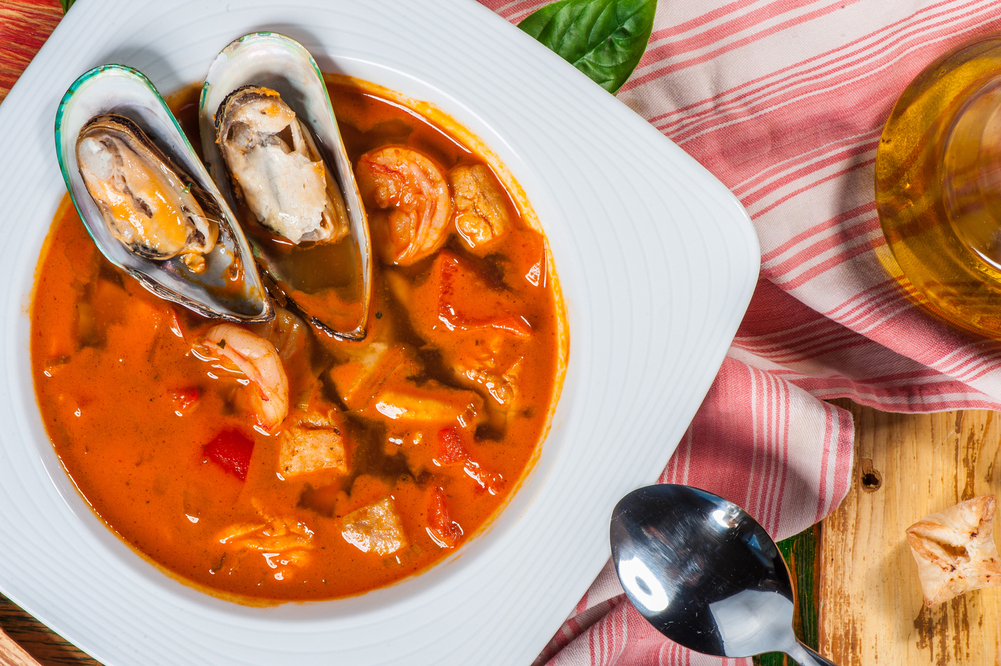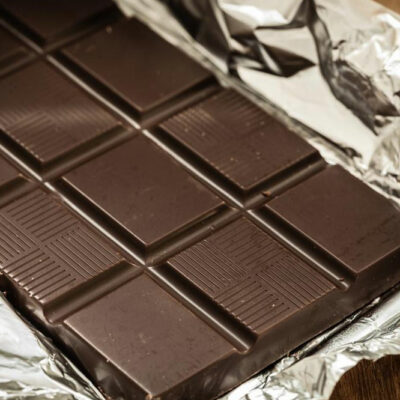
Foods To Avoid with Hepatitis C
Hepatitis C (or hep C), a viral infection that can result in permanent liver damage, is transmitted through contact with infected body fluids, particularly blood. The most common hep C symptoms are fatigue, unexplained fever, joint pain and swelling, fluid retention and jaundice. While there are new, effective treatments for the disease that can lead to a cure for some patients, often the symptoms of the infection can be controlled through an effective diet.
There are a number of foods Hep C patients should avoid:
1. Raw oysters or shellfish
Raw oysters and seafood can be dangerous for Hep C patients. Food-borne bacteria that is not killed through cooking can lead to infections, which can worsen Hep C symptoms. Uncooked seafood has also been found to contain Hepatitis A. Because Hep C can weaken the immune system, patients who consume raw seafood increase their risk of contracting another form of hepatitis. Finally, oysters are high in iron, which should be avoided by Hep C patients. Iron is processed through the liver, so additional iron can worsen the extent of liver damage.
2. Alcohol
Alcoholic beverages have well-documented detrimental effects on the liver, so Hep C patients should avoid drinking such beverages. Even a small amount of spirits, including wine and beer, can have long-lasting effects on an already-stressed liver, both by causing scarring and increasing the risk of infection. Alcohol consumption can also cause the levels of Hep C to remain higher in patients’ blood, creating greater risk for permanent damage.
3. Fatty foods
Fatty foods, such as red meats, fried foods and some dairy products, can create excessive deposits in the liver, putting Hep C patients at further risk of long-term damage. Hep C sufferers should also avoid fast foods and other highly processed foods.
4. Salt
Salt can cause fluid retention that can create difficulties for Hep C patients, especially those with advanced disease. Higher levels of salt consumption can also lead to high blood pressure, which can further increase the risks of liver and organ damage. Table salt is not the only culprit. Patients should also be aware of the high sodium content in processed foods and bakery products. These foods should be avoided as well.
5. Sugar
It isn’t just sweets like candy and cookies that should be avoided if you have Hep C. Refined carbohydrates, such as white bread and potato chips, can also raise blood sugar levels. This can lead to increased inflammation of the liver, which can lead not only to disease progression but diabetes. Sugary foods and beverages should be at least reduced if not eliminated from a Hep C diet.
The good news is that with proper nutrition, patients with Hepatitis C can lead long, healthy lives. By focusing on eating lean proteins, fresh fruits and vegetables and whole grains, while avoiding damaging foods and beverages, people living with Hep C can help prevent much of the long-term liver damage that is a hallmark of the disease. Maintaining a good Hep C diet is important in helping patients live with the disease without worrying about it’s progressive effects.


